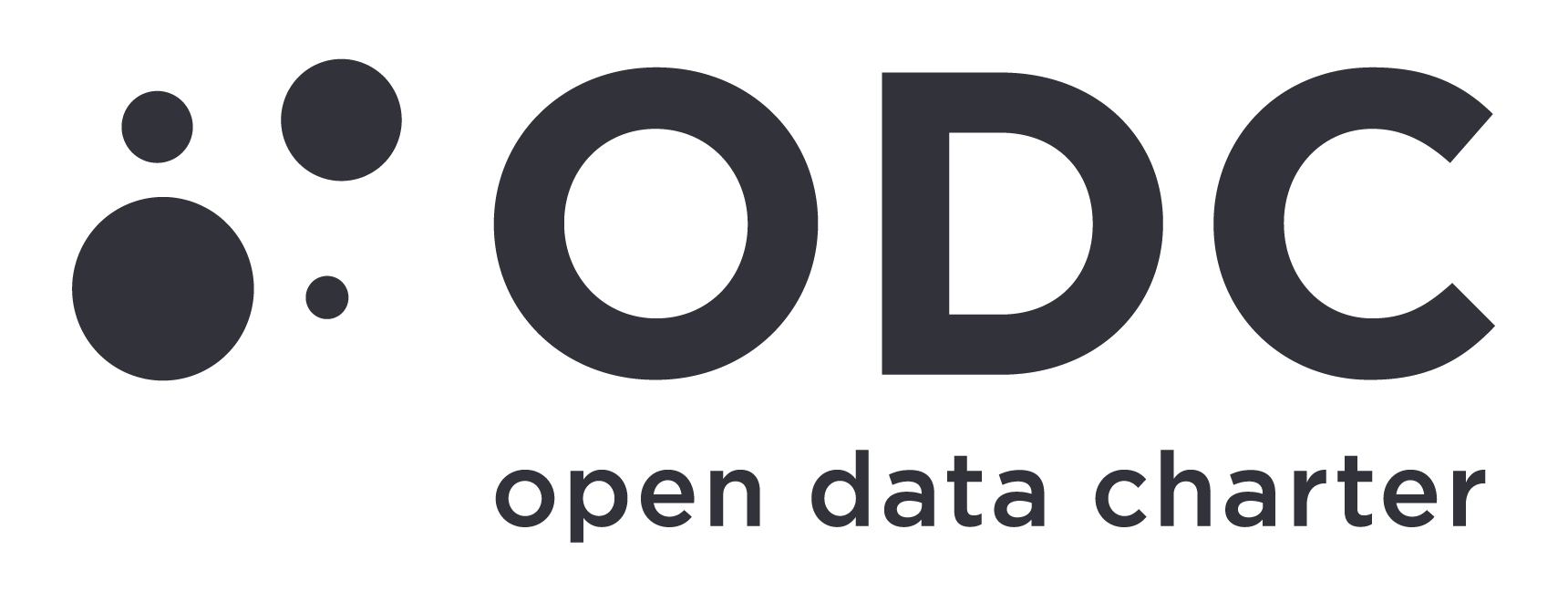

Using the Open Data Charter's principles to promote transparent, effective, and fair AI.
Open Data Charter
The objective of this commitment is to understand the data needs that artificial intelligence projects may present, and how promoting and applying principles of the International Open Data Charter can contribute to more effective, transparent and fair AI. The principles are: 1) Open by default; 2) Timely and comprehensive; 3) Accessible and usable; 4) Comparable and interoperable; 5) For improved governance and citizen engagement; 6) For inclusive development and innovation.
AI technologies are being used in many aspects of life, and also to tackle different SDG challenges, such as environmental issues, transparency or inequality. Many of these efforts are carried out collaboratively by public and private sectors and civil society organizations. These collaborations can take different forms, including sharing a basic input for AI systems: data.
Data is at the foundation of any AI model and that is why attention should be destined to how it is collected, processed, and used. In order to democratize AI, we first need to have a proper discussion on what that means in terms of data governance: how data is created and distributed (data lifecycle), how can we make the datasets representative of the populations and regions in which the projects are developed and operate, how privacy laws and open data are regulated, and how data quality can affect AI.
The beneficiaries of this commitment are of course the ODC network and the Implementation Working Group, but will also be public officials developing AI systems in the administration; civil society organisations and journalists working with data and AI; research institutes developing AI and data projects; and stratups or local practitioners developing AI systems that can benefit from open data.
In order to fulfill this commitment, we will be promoting different activities:
-Promote research to map and understand data needs in terms of artificial intelligence projects, with a focus on projects that are developed in the global majority, driven by startups or research institutes, and that address development issues.
-Develop and map research and articles to understand the benefit of the Open Data Charter principles for data to feed Artificial Intelligence projects.
-Develop and disseminate research on best practices and recommendations on data regulation (transparency, privacy, governance, etc.) for AI systems.
-Identify AI projects using open data and promote them and their benefits in operation.
-Socialise information and raise awareness at international events and conferences.
-Share findings and projects with adopting governments and Open Data Charter endorsing organisations at Implementation Working Group meetings.
-Effective publication of research reports and articles.
-Effective participation and coordination in international events to promote information.
-Reporting progress and sharing knowledge in our Implementation Working Group.
-Sharing advances at UNWDF 2026.
